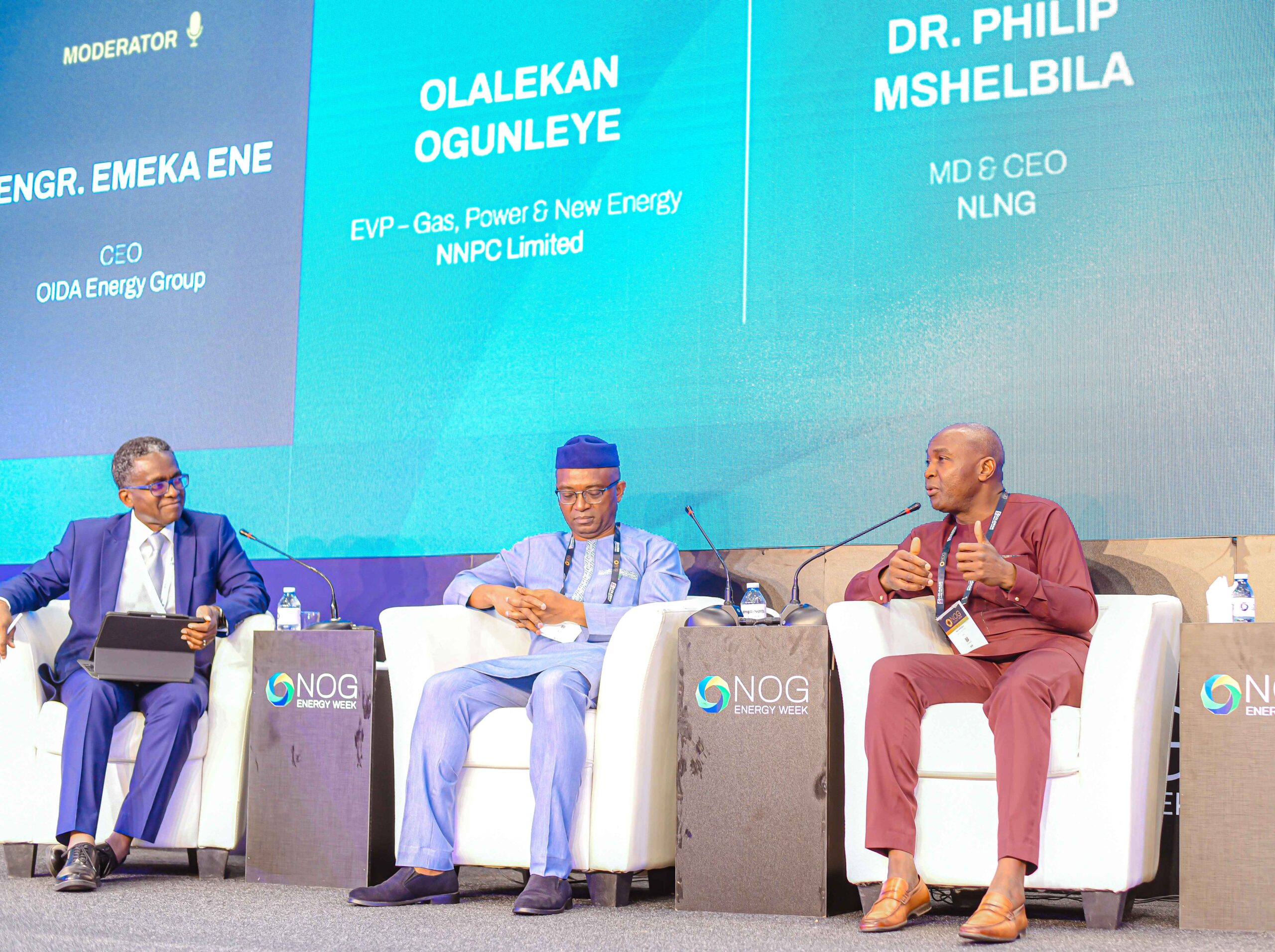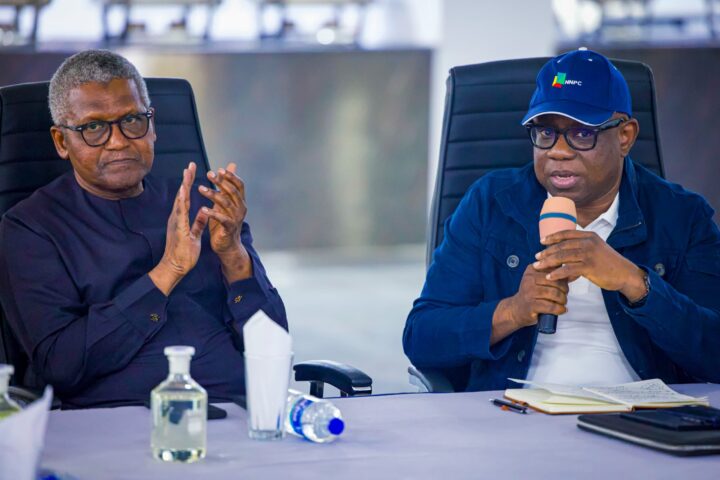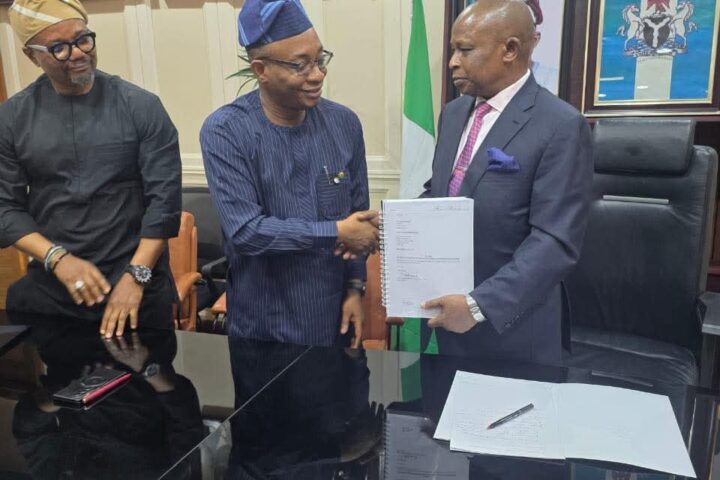Natural gas holds the key to accelerating Africa’s and Nigeria’s development,the Nigeria Liquefied National Gas Limited, has said.
The company advised stakeholders across the value chain to embrace a culture of performance and integration to drive real, measurable results.
Speaking on Tuesday at a strategic panel discussion session titled “Accelerating Gas Development for Domestic and Global Energy Needs” during the 24th annual edition of the NOG Energy Week 2025 in Abuja, NLNG’s Managing Director/Chief Executive Officer, Philip Mshelbila, underscored the pivotal role of gas in the evolving global energy mix .
He emphasized the urgent need to build a performance-driven, collaborative ecosystem that can unlock Nigeria’s vast gas potential.
“Nigeria has abundant gas reserves, but having gas is only the beginning. You must be able to find it, produce it economically, transport it to where it will be liquefied, and then ensure there’s a complete value chain to support delivery. That’s what it takes to make LNG work,” he said.
According to him, performance, not rhetoric, is what will shape the global perception of Nigeria’s gas sector.
“If we want to change the narrative, we must do it through performance. No amount of PowerPoint or talk can replace results. When people see performance, they invest. That’s how countries like the U.S. and Qatar have succeeded, not through marketing, but delivery.”
He referenced Nigeria’s own journey with NLNG, which took over 30 years to come to fruition.
“Despite the long delay, once we started, we moved quickly from one expansion to another and that was because we followed the fundamentals,” he pointed out.
He acknowledged past challenges around investment, infrastructure, and delivery but noted that many of those bottlenecks are now being addressed.
He added that the passage of the Petroleum Industry Act (PIA), improved governance, and recent presidential directives have helped restore investor confidence and trigger fresh commitments, including the ongoing construction of NLNG’s Train 7 project, which will boost production to 30 million tonnes per annum (mtpa).
“Foreign Direct Investment began flowing in as soon as key issues around fiscal terms, local content, and contracting were tackled. That’s what happens when performance meets reform,” he stated.
Mshelbila, who used Qatar as a case study, noted that both countries began LNG operations around the same time, but while Nigeria is now reaching 30 mtpa, Qatar is targeting over 140 mtpa. “That’s the scale of possibility we must be aiming for,” he added.
He further praised the growing professionalism across key institutions in the energy sector, noting that integration across government, regulators, investors, and communities has already begun to lead to greater efficiency, reduced costs and reduction of long-standing barriers.


















